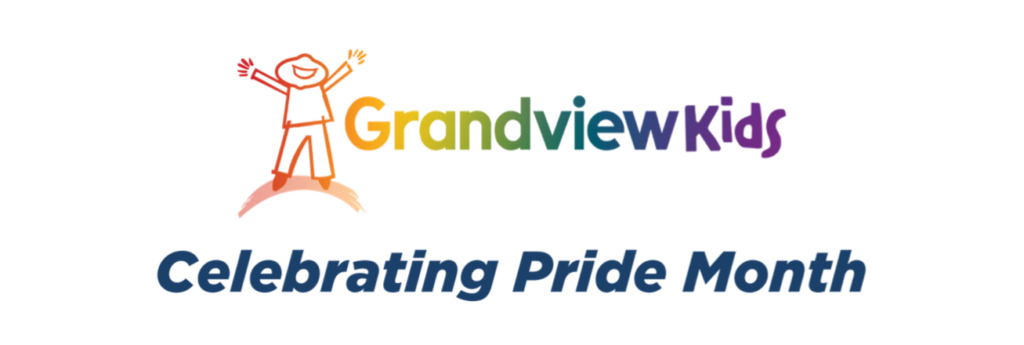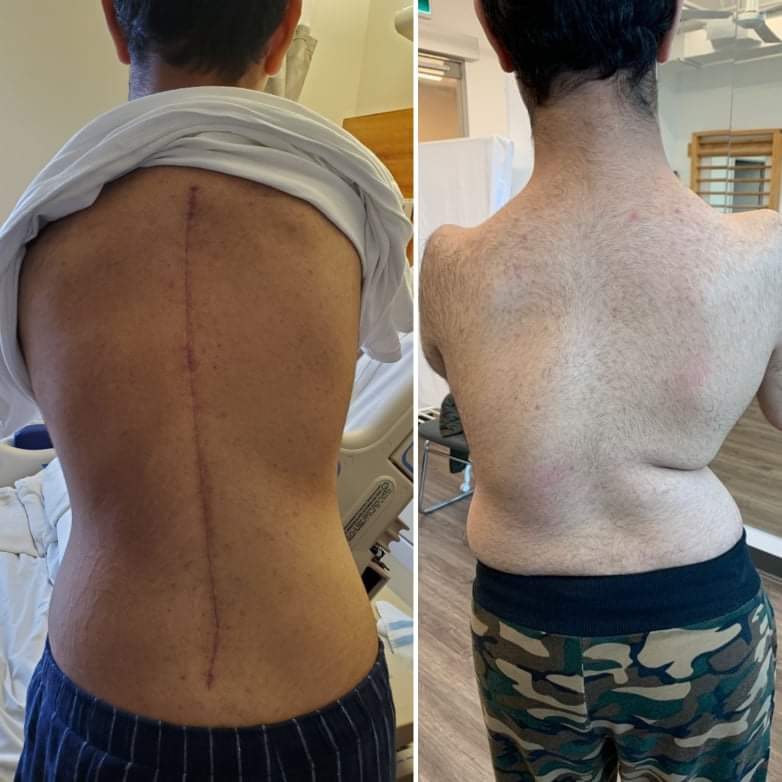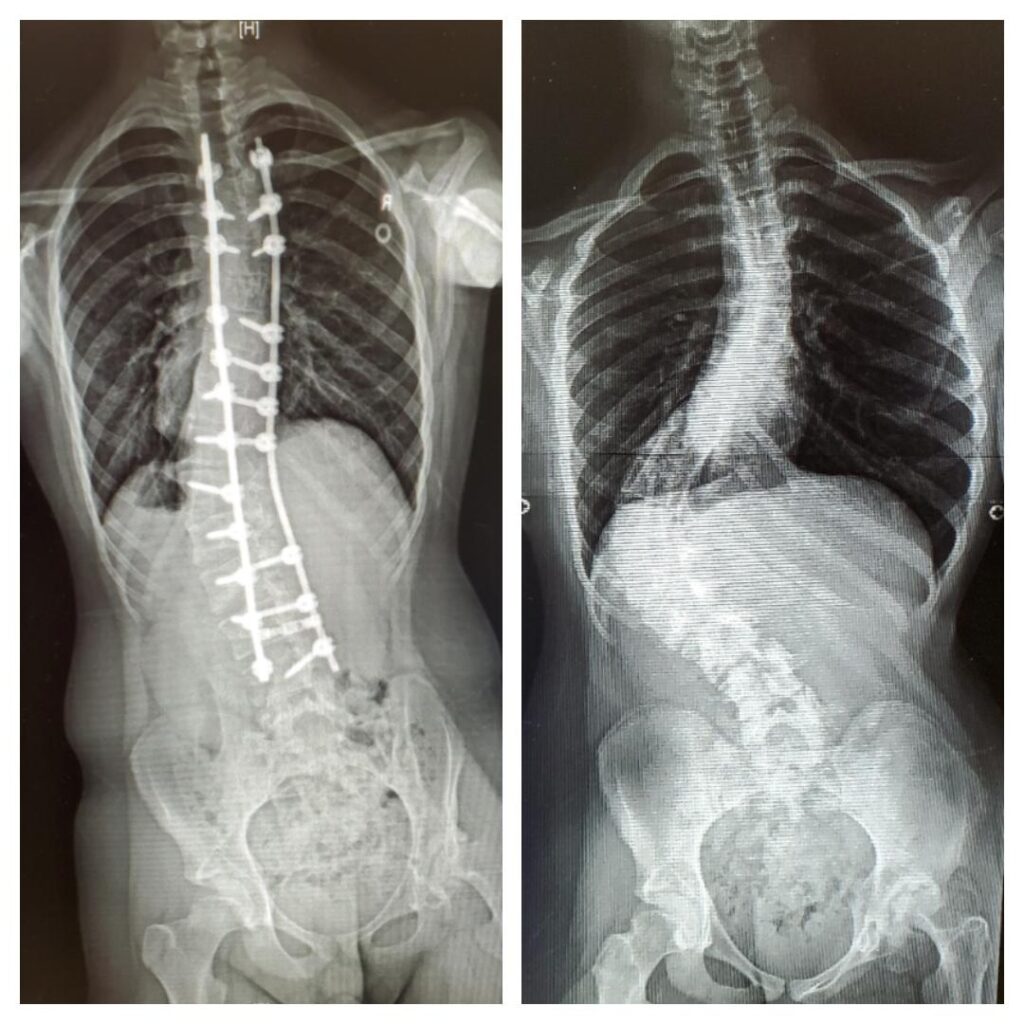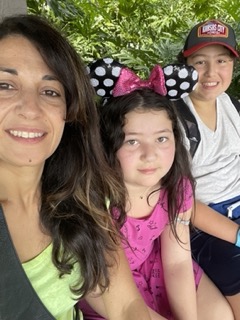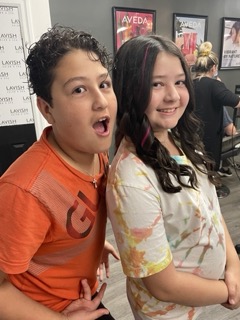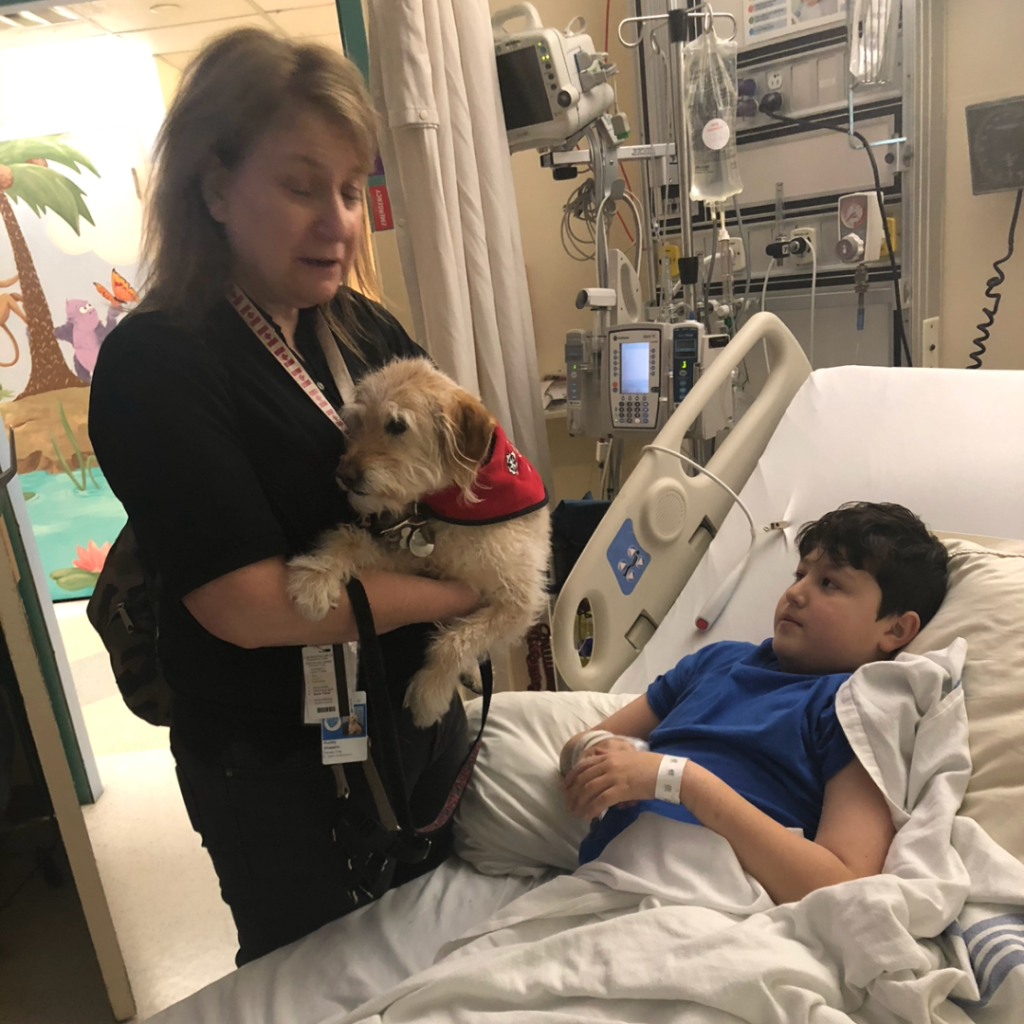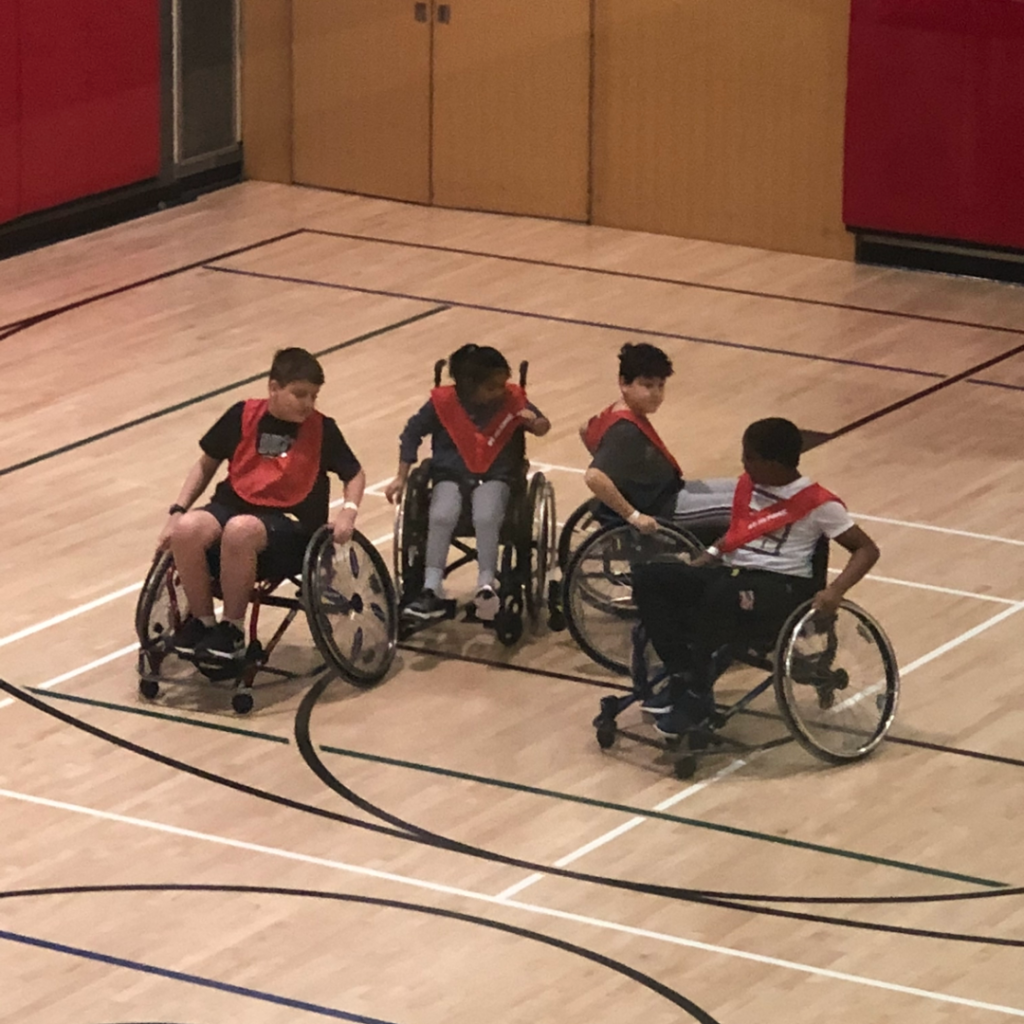In July and August, we acknowledge Canada Day, Al-Hijra, Guru Purnima, Obon Festival, Tu B’Av, Janmashtami, and Paryushana. Below, read more about each holiday/celebration written by members of our Inclusivity, Diversity, Equity, and Accessibility (IDEA) Committee.
July 1: Canada Day
July 1, 1867, was the date of the Canadian Confederation and the passing of the British North America Act, which united the United Canadas, Nova Scotia, and New Brunswick into a single dominion within the British Empire, which we now call Canada.
We celebrate Canada’s birthday each year on July 1 to recognize our culture and our history and to acknowledge our achievements in creating freedom across our nation. We take pride in our country, which is made up of many people from many places around the world who now call Canada home. Our Nation is known for ethnocultural and religious diversity, and over many years, we have been able to measure our mosaic of people and cultures through Statistics Canada. The 2021 Census provides more detail on the ethnocultural and religious facets of society than ever before. In fact, more than 450 ethnic and cultural origins, 200 places of birth, 100 religions and 450 languages have been included in this census.
We have so much to be proud of, and we encourage you and your family to celebrate our country’s birthday on July 1! Some traditional celebrations include fireworks, BBQs with friends and family, singing of our National Anthem, cultural, artistic, or sports activities, and even showing our patriotic pride through wearing red and white, enjoying Canadian-inspired foods, and enjoying local musicians.
No matter how you celebrate, enjoy your Canada Day safely!
July 7: Al-Hijra
The Islamic New Year, also known as the Hijri New Year, marks the beginning of the Islamic lunar calendar. It commemorates the Hijra, the migration of the Prophet Muhammad and his followers from Mecca to Medina in 622 CE, an event of profound significance in Islamic history. This migration was necessitated by severe persecution and hostility faced by the early Muslim community in Mecca. As Muhammad’s message of monotheism and social reform gained followers, it also drew strong opposition from the powerful Quraysh tribe. Leaders from the city of Yathrib (later renamed Medina) invited Muhammad to mediate tribal conflicts and offered refuge, presenting an opportunity for Muslims to practice their faith freely.
The first month of the Hijri calendar is Muharram, and the last is Dhu al-Hijjah. Unlike the Gregorian calendar, which is solar, the Hijri calendar is lunar, consisting of 12 months and approximately 354 or 355 days. This results in the Islamic New Year shifting by about 10-12 days each year in relation to the Gregorian calendar.
July 21: Guru Purnima
Guru Purnima is a traditional Hindu festival dedicated to spiritual and academic teachers. Celebrated on the full moon day (Purnima) in the Hindu month of Ashadha (June–July), it honours the relationship between gurus (teachers or mentors) and their disciples. This day is marked by rituals and ceremonies where students express their gratitude and reverence to their gurus, acknowledging the invaluable guidance and wisdom imparted to them. Guru Purnima is observed not only in India but also in Nepal and other countries with Buddhist and Jain communities, symbolizing the universal respect for the role of teachers in nurturing knowledge and enlightenment.
August 13: Obon Festival
Obon, also known as Bon Festival, is a Japanese Buddhist tradition honouring the spirits of ancestors. Celebrated in mid-August, it is a time when families come together to pay their respects to deceased loved ones. The festival typically lasts for three days and includes various customs such as visiting graves, cleaning ancestral tombstones and participating in Bon Odori, a traditional dance to welcome and entertain the spirits. Lanterns are lit to guide the spirits back to their resting places, symbolizing a reunion with the departed and a reminder of the cyclical nature of life and death. Obon is a deeply spiritual and cultural event, emphasizing family ties and the reverence for ancestors.
August 18: Tu B’Av (The 15th of Av)
Tu B’Av is celebrated every year on the 15th day of Av. On the Hebrew calendar, Av is the eleventh month of the civil year and the fifth month of the ecclesiastical year. This year, it takes place from to 19. In the Babylonian Talmud, it is written that “when we enter Av, our joy is diminished.” The month is associated with the darkest events in Jewish history, such as the Nine Days, which culminate in the fast day of Tisha B’Av, the ninth of Av. However, Tu B’Av, which remained minor and largely unknown for many centuries, was one of the happiest days of the year in ancient times.
August 26: Janmashtami
Janmashtami, also known as Krishna Janmashtami, is a Hindu festival celebrating the birth of Krishna, the eighth avatar of Vishnu. According to the Hindu lunar calendar, this auspicious event falls on the Ashtami (eighth day) of the Krishna Paksha (dark fortnight) in the month of Bhadrapada, which typically falls in August or September in the Gregorian calendar. The festival is marked by various customs and rituals, including fasting, singing devotional songs, and reenacting episodes from Krishna’s life, particularly his childhood. The Dahi Handi event, where teams form human pyramids to break a pot of curd hung high in the air, is a popular tradition associated with Janmashtami. Devotees also decorate temples, conduct midnight vigils, and chant hymns to celebrate the divine birth.
August 31 to 7: Paryushana
Paryushana is considered one of the most important festivals celebrated by Jains, followers of a religion that originated in India. It typically occurs in August or September and lasts for 8-10 days, depending on the Jain sect. In 2024, Paryushana will be observed from August 31 to September 7. During Paryushana, Jains focus on self-reflection, forgiveness, and spiritual growth. They engage in fasting, prayer, and reading sacred texts to cleanse their souls and improve their lives. The festival culminates with Samvatsari, a day of seeking and granting forgiveness among family, friends, and community members, which fosters harmony and unity. Paryushana is a time for Jains to renew their commitment to non-violence, truthfulness, and compassion towards all living beings.





